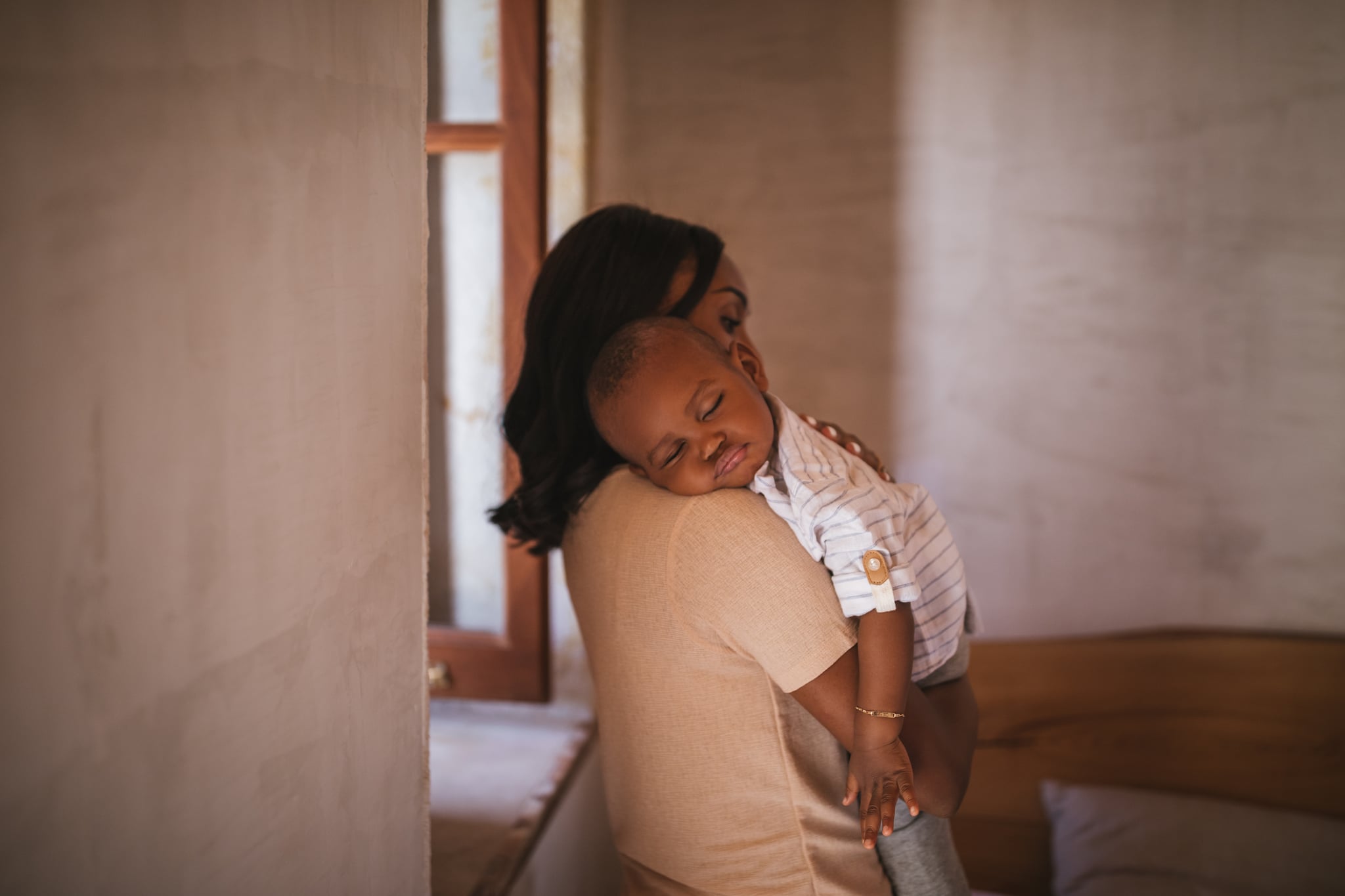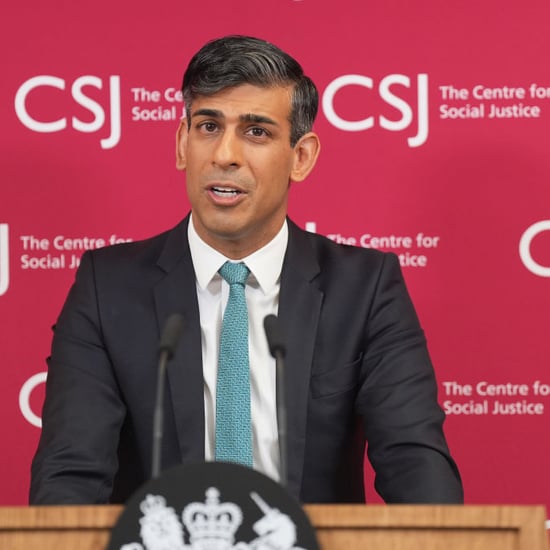How Parenthood Pushed Me to Take Care of My Mental Health
Motherhood Was the Wakeup Call I Needed to Get Help for My Mental Health

During my first year of motherhood, I was physically present, but I wasn't all there mentally and emotionally. I felt nothing in extremes. No extreme joy, and no extreme sadness either. Considering most people alluded that as a new mom I'd be drowning in the "joy of motherhood," it surprised me that this wasn't the case. Most days, I felt like a zombie going through the motions.
Before I had my son, I battled with depression. It took me five years to realise they weren't low moods every intuitive deep-thinking poet experienced. In 2015, these low moods lead to a suicide attempt, and I never got professional counseling after it. While I have made significant improvements, I still had recurring bouts of stubborn and deep-seated sadness.
I thought having a child would be the magic I needed to fix my mental health. While I could take care of my son's basic needs, being present felt impossible most days. Leaving the house for playdates, having one-to-one play with him, and keeping still long enough to sit with my feelings was a challenge. I struggled to embrace this new identity as a mom and longed to find one that fit. Although I didn't feel like I had postpartum depression, I knew something was wrong and that if I didn't fix it, I would not be the best mother I could be to my son. I couldn't give him the tools he needed to overcome life's challenges if I didn't have them myself.
Despite knowing I needed to see a therapist, I was ambivalent about it. What was talking to a therapist going to do for me, and why on earth would I pay to talk? I told myself a therapist wouldn't do anything books and Tedx talks couldn't do.
Well, I'm happy to say in the end — therapy won. And deciding to start therapy is at the top of the "best decisions I've ever made" list. Therapy has become a form of self-care for me and a way of offloading every week. You can liken it to taking a 10,000-pound suitcase full of stuff to a therapist and unpacking each item one by one. Luckily I'm able to do it via Skype because it's what I feel more comfortable with. Not having to commute every week also helps me stay committed by reducing the temptation to bail out.
One of the most effective strategies therapy has given me is the very thing I was trying to avoid: Talking. When I'm overwhelmed, I talk about it. When I feel like I'm doing good, I also celebrate myself and talk about it. On days I feel lost in the maze of motherhood, I talk about it. And by talking, I feel more self-aware and less isolated by my emotions.
Another strategy my therapist has given me is learning to put myself first and not feel guilty about it. At the core of this practice is exploring beliefs I have that make me feel I don't deserve to come first and my needs are of less importance than everyone else's. By honouring my needs, I feel less like I'm giving from an empty tank and more like I'm giving from an overflow. So, whenever I feel overwhelmed and incapable of getting through each day, I know it's probably because I haven't been putting myself first. It's in simple things like napping when I'm tired despite the piling dishes. Crying when I feel overwhelmed instead of trying to be a supermom. Or journalling before bed so I feel emotionally lighter and wake up with a clearer perspective. These seemingly insignificant things make me a better mom as I feel like I have greater control over my day and emotions.
I must tell you, therapy isn't a quick fix, but it has helped me bring a greater level of consciousness to my life and motherhood. Being more in tune with myself makes attending to my son's emotional needs easier. I now believe that it is possible to be an emotionally healthy human despite the indelible war scars life has left me with. I'm also confident I have the knowledge and tools needed to teach my son to be an emotionally healthy human, too.







